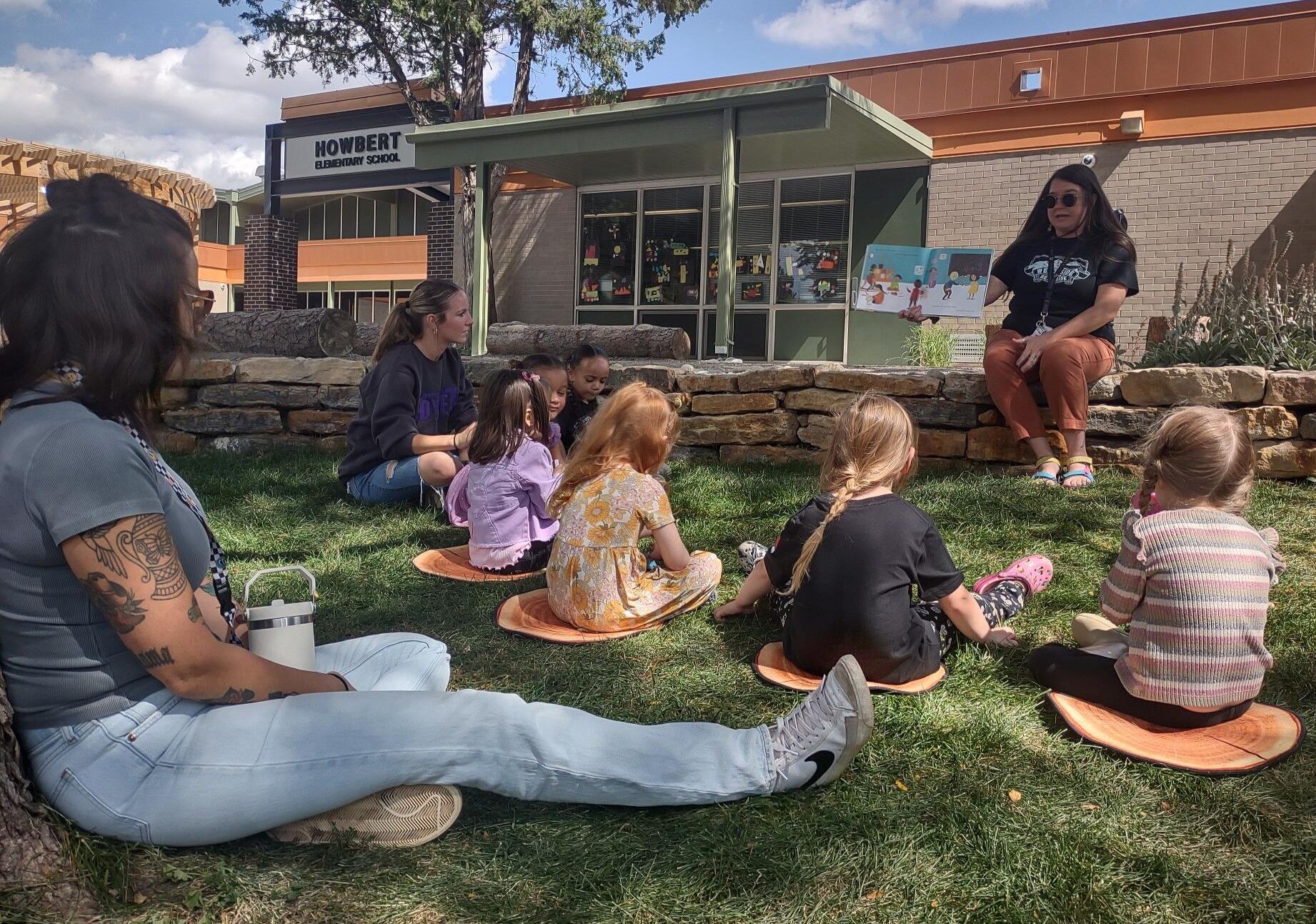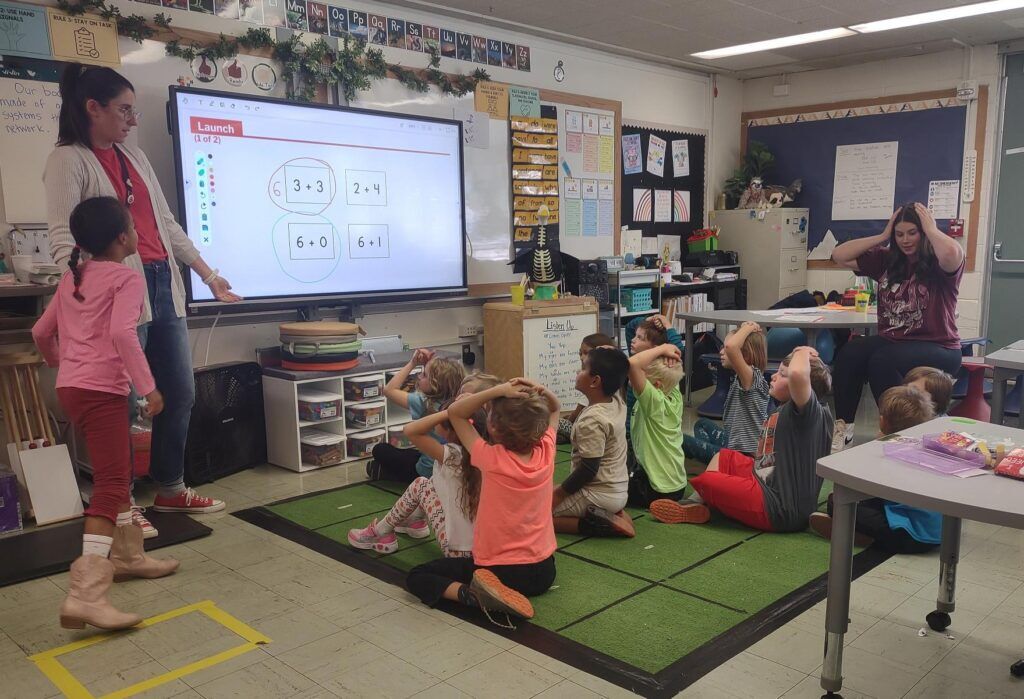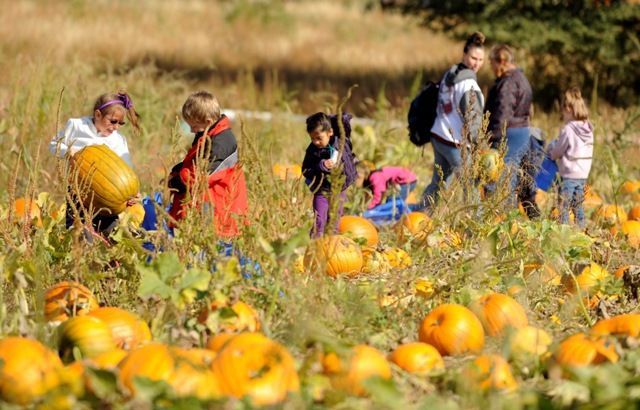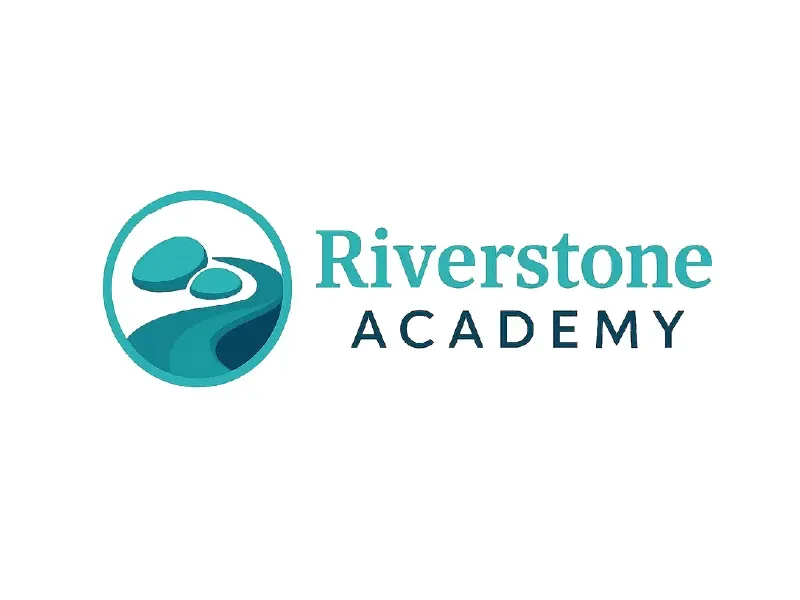Colorado schools growing the next generation of teachers in their classrooms

At Coronado High School in Colorado Springs, first-year family and consumer sciences culinary teacher Taiyah Mooney feels right at home.
In addition to graduating from the very school not long ago in 2022, she returned to her stomping grounds uniquely equipped to begin her career as an educator.
Mooney marks the first D-11 teacher to come full circle and get hired by the district after completing its educator career pathway.
The 21-year-old now finds herself teaching a class full of students not much younger than herself.
“So, I was a little nervous about the authority of being a teacher here,” she said. “But everybody shows me a lot of respect. Staff members are great, the students are great, and I’ve had no problems at all and I love being a part of Coronado High School again.”
As teacher shortages persist across Colorado and the country, school districts across the state have invested heavily in recent years to develop their future educator pathways and allow high schoolers to kickstart their teaching careers through teaching cadet and dual-enrollment opportunities.
Following the passage of Senate Bill 21-185, teacher recruitment education and preparation programs (TREP) can cover tuition expenses for qualified students in educator career pathways who enroll in postsecondary courses for up to two years after their 12th grade year.
According to an annual report by the Colorado Department of Education, the number of teacher positions needing to be filled for the 2024-25 school year was nearly 7,800, an increase from approximately 6,900 vacancies the previous year.
The Colorado Department of Education’s chief talent and human resources officer, Margarita Tovar, said that concentrated areas like rural or high-poverty areas of the state experience greater degrees of turnover.
In D-11, students interested in becoming a teacher or school counselor can start by taking courses in early childhood education and a teacher cadet course that includes a paid internship in a classroom and the chance to earn college credits at University of Colorado Colorado Springs (UCCS) and Pikes Peak State College (PPSC).
Upon graduation, these students can then attend UCCS, PPSC, Colorado State University-Pueblo or Metro State Denver for two years tuition-free.
D-11’s student pathways coordinator Annie Friesema said that the TREP program has grown since it was established in 2023, with four students in its first year, 11 the following year and 21 this year. She attributes this to expanding the program to more district schools and increasing promotion for it.
To the point on promotion, Tovar said that school districts that have yet to utilize the program may be unaware of it or have limited information on it. She added that this can be common in smaller districts with limited capacity at the administration level to navigate financial hurdles.
Elsewhere in the Pikes Peak region, Academy D-20 also provides a teacher cadet course, and Harrison D-2 offers a teacher apprenticeship program and Calhan RJ-1, in partnership with UCCS, offers a program for paraprofessionals to become certified teachers.
While Mooney opted for Colorado State University after graduating from Coronado, she said that her time in the D-11 program provided her with experiential learning and opportunities she wouldn’t have gotten until her junior or senior year in college.
“In almost some ways, high school teacher cadet and early childhood education prepared me more than the college experience … and so I loved that we were able to go into the classroom, able to see students and interact with students, to talk to teachers (and) have a mentor teacher to really guide us on proper and appropriate ways to teach a room full of students,” she said.
Current Coronado students and teacher cadets Taytum Pineyard and Libby Gutowski intern at the neighboring Howbert Elementary School, where, like Mooney, they see themselves fulfilling a childhood dream of theirs.
Gutowski said she wanted to be a special education teacher since eighth grade and pursued the teacher internship after learning about the impact of general education teachers on special education students.
“And it confirmed my passion for teaching,” she said. “And it has just been a really cool full-circle moment to be teaching in the school that I went to.”

In addition to the program growing, it appears to be sustaining. Friesema said that, out of D-11’s initial four-student cohort, three are currently juniors with one enrolled in PPSC’s early childhood education program and two at UCCS.
“So maybe in a couple of years here, check back in with us and see if they’re back,” Friesema said.






